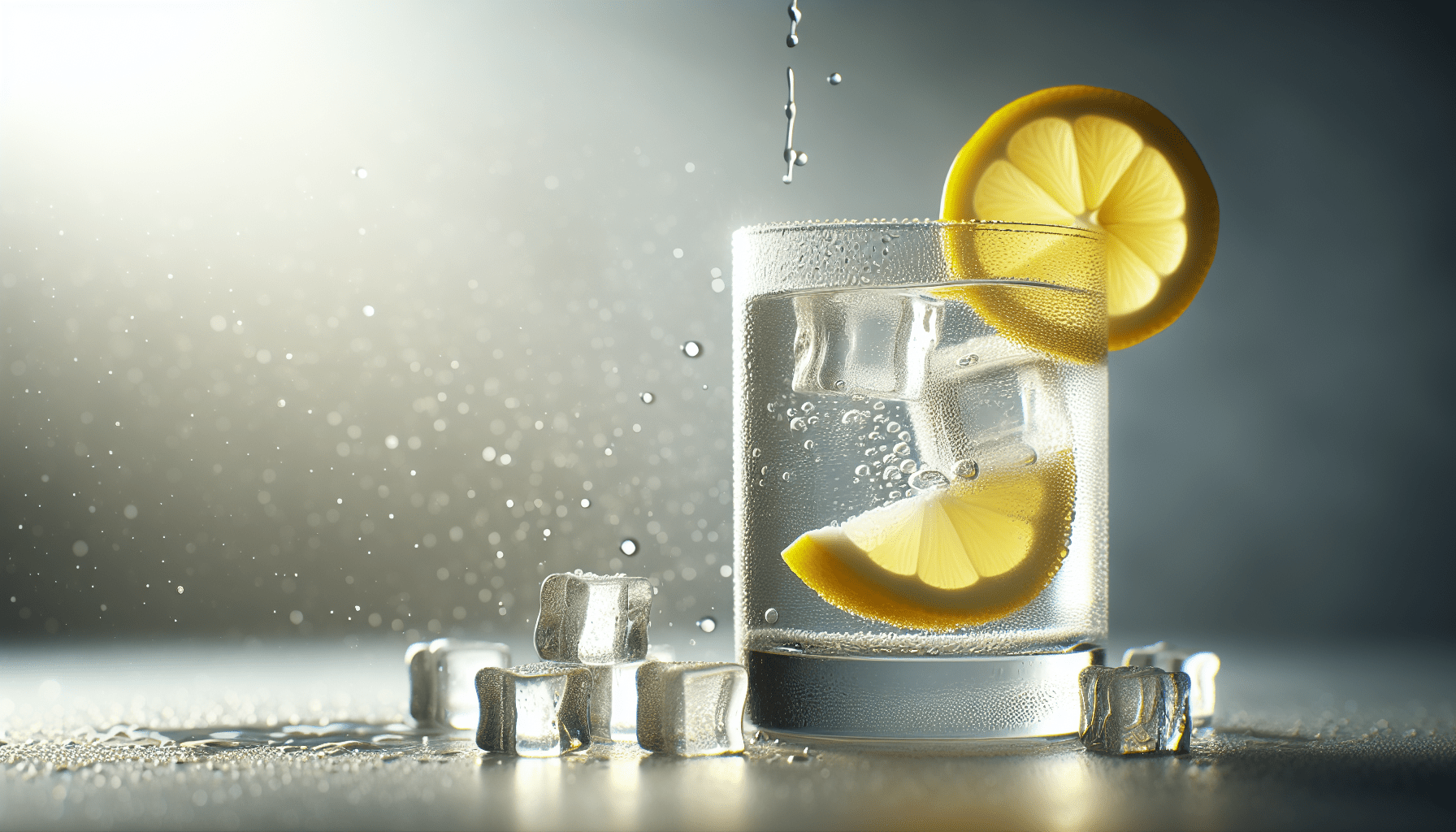Have you ever felt like you’re stumbling through life parched, not just metaphorically but literally? It might be time to think about dehydration. This sneaky villain lurks in daily routines, surprising you with headaches, fatigue, and crankiness. Let’s chat about how recognizing and treating dehydration can be more straightforward than you might think.

Understanding Dehydration
Dehydration happens when your body loses more fluid than it takes in. It sounds simple enough, but the effects can be more than just feeling thirsty. Your body is a complex machine, and water is a crucial lubricant. Without it, things start to grind to a halt.
What Causes Dehydration?
You lose water through breathing, sweating, and even in your urine and bowel movements. Factors like hot weather, vigorous activity, or fever can amp up the loss. Sometimes, you might not drink enough, or you couldn’t if you tried—like during bouts of stomach illness. Dehydration can catch you off guard, and understanding its causes is your first line of defense.
Common Contributors to Dehydration
- Heat Exposure: Spending a day in the sun or in a heated area can drain your moisture reserves.
- Exercise: Intense workouts ramp up sweat production, losing fluids rapidly.
- Illness: Fever and vomiting deplete fluids quickly.
- Chronic Conditions: Diabetes or medications that cause frequent urination can increase risk.
- Inadequate Water Intake: Simply forgetting to drink enough can set the stage for dehydration.
Signs and Symptoms
Recognizing dehydration is sometimes tricky because its symptoms can often be confused with other conditions. However, certain signs are telltale indicators of dehydration.
How Does Your Body Signal Dehydration?
Your body isn’t shy about letting you know when it’s running low on fluids. Dry mouth, fatigue, and dizziness are just starters on the dehydration playlist. The real challenge is catching these cues before they play on repeat, leading to more severe issues.
Key Signs to Watch For
- Thirst: Perhaps the most obvious, yet a lot of us ignore it until it’s too late.
- Dark Urine: An easy visual cue—if it’s darker than usual, you’re probably not drinking enough.
- Fatigue: Dehydration can slow your bodily processes, making you feel sluggish.
- Dizziness: Low fluids affect blood pressure, sometimes causing lightheadedness.
- Dry Skin and Lips: Lack of moisture shows on your skin and mouth.
Effects of Dehydration
Ignoring the telltale signs of dehydration can lead to some pretty uncomfortable situations. Once it takes hold, the impact on your body can range from mildly irritating to severely debilitating.
Short-Term Effects
Short-term dehydration causes tiredness, confusion, and heat-related illnesses. It can also interfere with your workouts or daily tasks, making everything feel like an uphill battle.
Long-Term Impact
Chronic dehydration can put a strain on your kidney function and increase the risk of kidney stones. Digestive issues like constipation and an increased likelihood of urinary tract infections are also problematic. In extreme cases, it can even lead to heat stroke or hypovolemic shock, which are life-threatening conditions demanding immediate attention.
Treating Dehydration
Thankfully, treating dehydration is straightforward once you spot it. The goal is simple: Replenish the body’s water level as efficiently as possible.
Immediate Steps to Hydrate
Start by sipping water slowly. Drinking too much, too fast can overwhelm your system, especially if you’re severely dehydrated. Electrolyte solutions can help, especially if your dehydration stems from exercise or illness.
Rehydration Strategies
- Water: Always the best option for mild cases.
- Oral Rehydration Solutions: Over-the-counter electrolyte solutions work wonders.
- Fruits and Vegetables: Water-rich foods like cucumbers and watermelon contribute to your fluid intake.
- IV Fluids: For severe dehydration, intravenous fluids might be necessary, particularly in medical settings.

Prevention Tips
Once you’ve understood how dehydration creeps up, preventing it becomes easier. It’s all about maintaining a balance that caters to your lifestyle and needs.
Staying Ahead of Dehydration
Aim to drink fluids throughout the day, not just when you feel thirsty. Your body starts getting low on fluids long before thirst kicks in.
Smart Hydration Tips
- Daily Routine: Carry a reusable water bottle and set reminders to take sips.
- Monitor Activity: Increase fluid intake with more physical activity.
- Cold or Hot Climates: Drink more in extreme temperatures as your body loses fluids faster.
- Listen to Your Body: Pay attention to your body’s signals and act before they get louder.
Special Considerations
While everyone needs to stay hydrated, some groups need to be extra vigilant—children, older adults, and athletes, to name a few. Each group has unique needs and risks when it comes to hydration.
Hydration for Different Groups
Children
Kids are often too busy playing to notice thirst, making dehydration more common. Parents should encourage regular drink breaks.
Older Adults
As we age, our sense of thirst diminishes. Seniors need to make a conscious effort to drink fluids regularly.
Athletes
Performance can suffer when dehydration sets in. Pre and post-workout hydration strategies are crucial for athletes.
The Role of Green Line Arms
While hydration might not seem like something you’d associate with a gun shop, consider how staying hydrated is a part of being prepared—whether for physical training or emergencies. Green Line Arms, located at 1350 South Blue Angel Pkwy, Pensacola, Florida, doesn’t just deal with firearms; it also stresses the importance of being prepared for all situations, and that includes being medically prepared. They offer expert first responder medical tips, including the basics of treating and recognizing dehydration.
Why Visit Green Line Arms?
Whether you need firearms, training, or reliable medical advice, Green Line Arms is your one-stop shop. Our motto, “PRAY FOR PEACE – PREPARE FOR WAR,” underscores the importance of readiness. Understanding dehydration and knowing how to treat it aligns with our commitment to responsible preparedness and community safety.
Conclusion
Dehydration is more than a simple case of being thirsty. It’s about maintaining the health and efficiency of your body’s processes. Recognizing the signs and knowing the remedies keep dehydration at bay. So next time your mouth feels like sandpaper, or your energy levels hit rock bottom, remember these tips and keep your body refreshed and ready to tackle anything.




